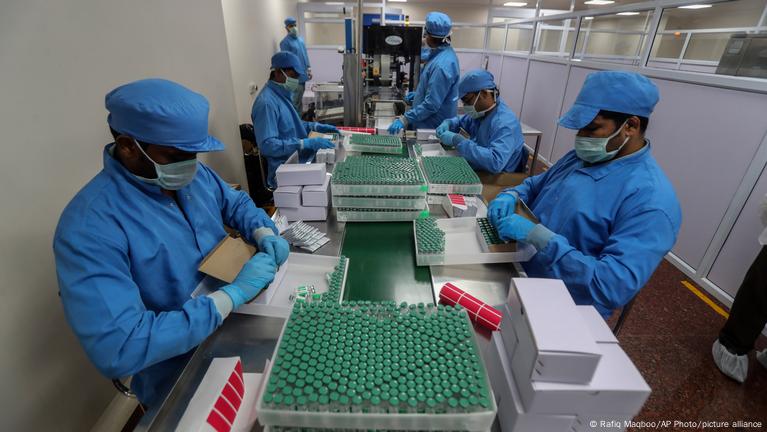
China now fighting a losing battle in India’s bulk drugs market
NEW DELHI : The production-linked incentive (PLI) Scheme for active pharmaceutical ingredients (APIs) or bulk drugs has catalysed investments and helped lower the cost of these key inputs for the Indian drug makers, official data show.
However, this hasn’t reduced the reliance on Chinese APIs to the extent desired so far, owing to aggressive undercutting of prices by the neighbour to beat stiff competition from new domestic producers. Landed costs of certain key APIs from China dropped by up to 50% on year, sharper than the decline in prices of domestic variants during the period.
This has prompted the government to undertake a review of the scheme, which was launched in March, 2020, sources said.
Industry executives feel that in many cases China may be exporting to India at below cost to maintain its market dominance. However, this strategy cannot last longer, as Indian capacities are being augmented under the PLI scheme, they reckon.
Till December 2024, a total of 48 projects have been chosen under the scheme, of which 34 have been commissioned covering 25 bulk drugs. The scheme has received an “overwhelming response,” government sources said, adding that investments of Rs 4,254 crore have already been made.
“Even though the PLI has helped reduce the prices of domestically-produced APIs, the Chinese players are undercutting the competition in specific product categories to retain their market share,” said Bhavin Mukund Mehta, director at Kilitch Drugs and vice chairman of Pharmexcil, the export council for the sector. The department of pharmaceuticals has called for industry suggestions on how the scheme can be modified so that Chinese imports could be curbed, and self-reliance on API established, Mehta said.
In the case of atorvastatin, raw material for cholesterol-management formulations, the domestic prices have fallen by 17% to Rs 10,000 per kg over the past one year. But the landed price of same API being imported from China is even lower at Rs 8,000 per kg (down 33% on year). Similarly, the average price for domestically-produced ofloxacin, a broad-spectrum antibiotic, has reduced from Rs 3,200 per kg in mid-2024 to about Rs 2,700 per kg now, while China is now selling this API in India at Rs 2,100 per kg, a price 30% cheaper on year. There are more such examples where the Chinese imports continue to be cheaper, especially in categories like hypertension drugs, painkillers and antibiotics.
“It’s an expected move from the Chinese exporters to bring down the bulk drugs prices. While their focus is to retain the market share, we believe that this is a temporary phenomenon. We don’t expect the Chinese players to keep selling the drugs at such low prices for too long,” said Jatish Sheth, secretary general, Confederation of Indian Pharmaceutical Industry. Many Chinese API makers may run out of business in not-so-distant future, at least as far as Indian market is concerned, he said.
In the bulk drugs segment, India imports nearly 50% of its APIs from foreign countries, with China alone contributing 70% of its overall imports. To reduce the dependence on China and to improve the supply chain resilience, the government introduced PLI scheme for bulk drugs with a financial outlay of Rs 6,940 crore. The production period under the scheme is from FY23 to FY29.

